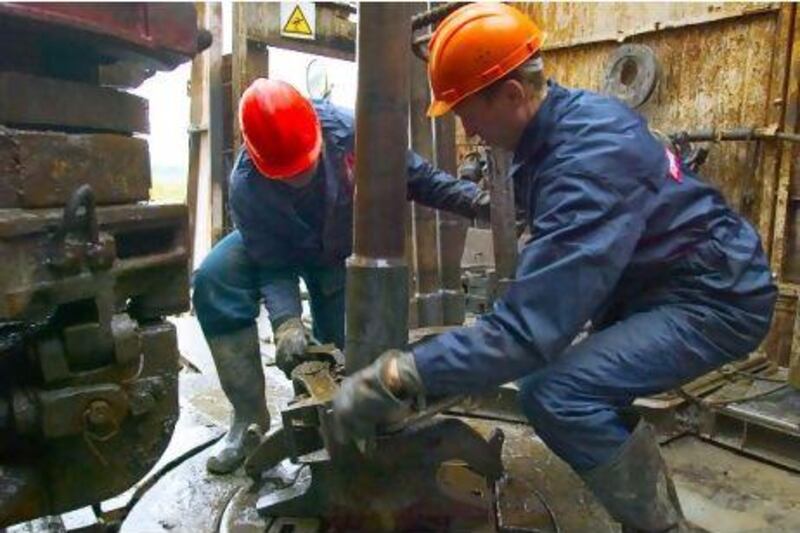When the International Energy Agency was launched in 1974, the French foreign minister at the time, Michel Jobert, called it "an instrument of war". The IEA was the industrialised countries' counter to Opec and the first oil shock.
Now, as the Financial Times reported on Thursday, the IEA is seeking a closer association with the main emerging economies: the Brics (Brazil, Russia, India, China and the rather misplaced South Africa), plus Indonesia and Mexico. There is still a long way to go in negotiating their entry. But this move marks the biggest change in the agency's direction since its foundation.
The IEA never responded to Opec's cutbacks in production and eventual imposition of quotas by attempting to form a buyer's cartel. Instead, it introduced coordinated emergency measures, whereby each member holds stocks equal to at least 90 days of imports and agrees to share supplies if needed. As recently as last year, the IEA discussed a stock release to cool off prices, which had been rising sharply in response to the sanctions on Iran.
The IEA also harmonised basic energy statistics. As a US diplomat involved in 1974 recalls, "It's amazing. Western industrialised countries … simply did not … know what segments of the energy input was going into what". Understanding this was crucial in formulating a response to that decade's oil shocks.
Since then, the IEA has broadened its scope far beyond oil, defining its mission as ensuring reliable, affordable and clean energy for its members and the world. I have long advocated that the IEA should seek some kind of membership or at least partnership for China and India. With the inclusion of the new seven, the agency would contain the world's top 16 economies, five of the world's top 10 oil producers, and nine of the top 10 oil consumers.
This move is very timely - this year, emerging economies will, for the first time, consume more oil than the high-income countries. The weakness of China's energy statistics is a major cause of uncertainty and volatility in oil markets - we simply do not know how much oil it truly consumes or holds in storage.
But the new members also bring problems. The interests of Brazil and Mexico, major oil exporters, diverge from most of the IEA. But above all Russia, a massive exporter of oil and gas, has often seemed to use energy as a political tool. Now all three would be required to coordinate on emergency responses to disruptions - such as Russia's cut-off of gas to Ukraine or its 2008 war with Georgia.
And the divide between IEA and Opec is starker than ever - 19 of the top 20 oil producers are members of one or the other. This comes at a time when oil prices are still strong, but buyers are increasingly confident of future supplies. A dialogue between producers and consumers, aided by the Riyadh-based International Energy Forum, helps to improve data transparency, but is hampered by underfunding.
In any case, neither side will act against its interests, despite repeated protestations that US$100 (Dh367.3bn) per barrel is a price "fair for both consumers and producers". The Opec countries ask for assurances that their massive investments in production capacity are required, but no government can guarantee a certain level of oil consumption. It seems odd to imagine Apple pleading for "security of demand" before releasing the new iPhone.
Despite Jobert's hostility years ago, France has long been a constructive member of the IEA - which is, after all, based in Paris. But will Opec see the reshaped organisation as a new war machine? And will the developed countries have to wait for a new crisis until learning whether some new members are allies or Trojan horses?
Robin Mills is head of consulting at Manaar Energy, and author of The Myth of the Oil Crisis and Capturing Carbon





